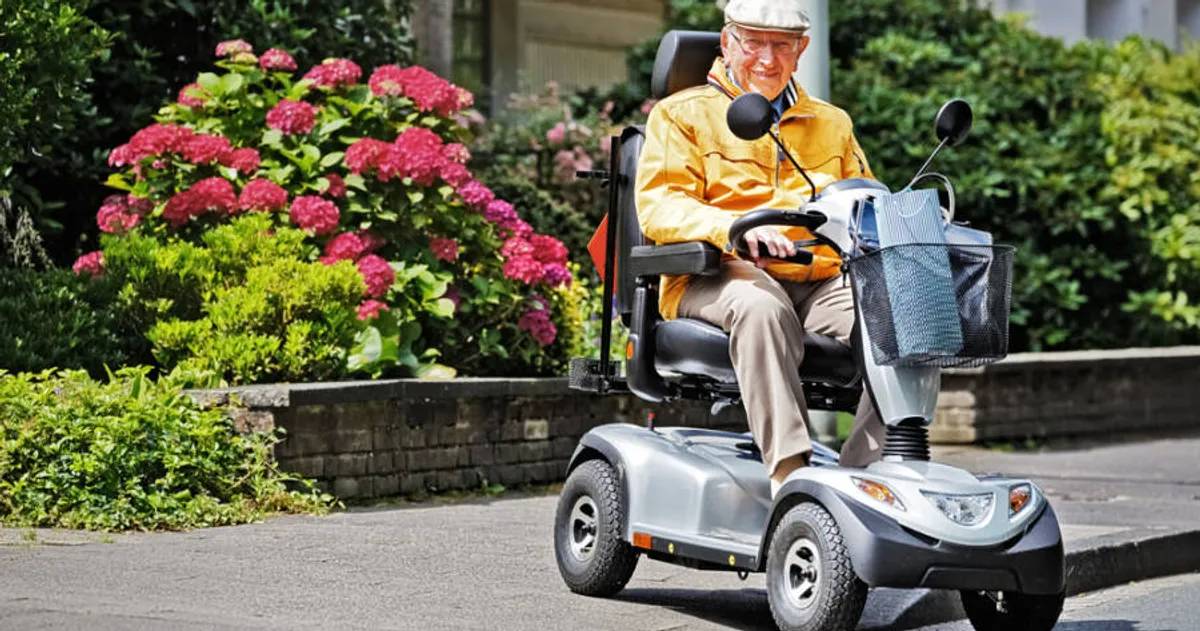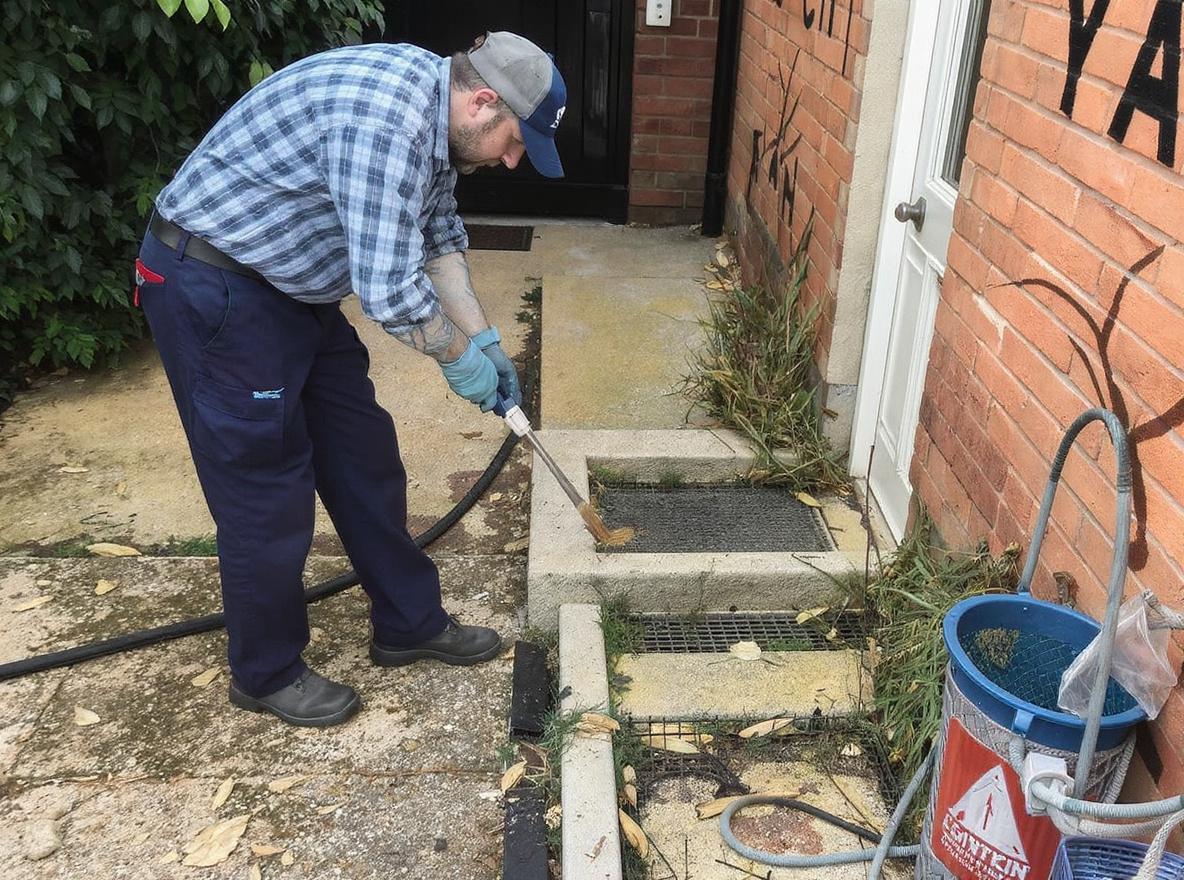For those who struggle with impaired mobility, a mobility scooter can be a life-changing solution. However, the cost of such devices can be prohibitive for many individuals. Could you qualify for a Medicare-covered mobility scooter? Learn how you can potentially reduce your costs.

Understanding Medicare Coverage for Mobility Scooters
Medicare can be a crucial source of financial relief when it comes to acquiring a mobility scooter. Understanding exactly how Medicare may cover these devices is the first step in determining eligibility and managing expectations.
Medicare falls into two main parts concerning medical equipment: **Part A**, which involves hospital insurance, and **Part B**, which includes medical insurance. Mobility scooters typically fall under Medicare Part B, as they are considered durable medical equipment (DME). For Medicare to cover a scooter, a qualified healthcare provider must certify that it is medically necessary for you due to mobility limitations.
Moreover, to qualify for a Medicare-covered mobility scooter, other criteria must be met:
- Health Condition: You must have a health condition that significantly hinders your ability to perform daily activities, necessitating the need for a mobility device.
- Certification from a Doctor: Your doctor must document the medical necessity for a scooter in your health records and write a prescription for it.
- Ability to Safely Operate: You should be able to safely use the scooter on your own or have someone available to help.
- Home Accessibility: Your home must be spacious enough to use a scooter safely.
For a closer look at how Medicare may cover a scooter, visit this guide on Medicare payment options.
How to Lower Your Out-of-Pocket Costs
While Medicare can cover a significant portion of the cost of a mobility scooter, it rarely covers 100% of the expenses. Here are some strategies to potentially reduce your out-of-pocket costs:
- Medigap Insurance: Also known as Medicare Supplement Insurance, Medigap policies are offered by private companies and can help cover remaining costs that Original Medicare doesn’t cover, such as copayments, coinsurance, and deductibles. Learn more about Medigap options on the official Medicare site here.
- Medicare Advantage Plans: Unlike Original Medicare, a Medicare Advantage Plan may offer additional benefits. Often, these plans include additional services which may further minimize out-of-pocket expenses related to DME like mobility scooters.
- Contact Manufacturers: Certain manufacturers of mobility scooters may offer financing options or discounts. It can be advantageous to inquire directly with manufacturers like Pride Mobility to explore funding options.
- Non-Profits and State Programs: Some non-profit organizations and state assistance programs provide aid to individuals in need of medical equipment who cannot afford it. Researching local resources may uncover additional financial support.
Finding the Right Scooter for Your Needs
Selecting the appropriate mobility scooter involves assessing both your physical needs and lifestyle to ensure maximum comfort and efficiency. Here are some factors to consider:
- Your Mobility Needs: Be honest about your mobility limitations and choose a model that's most suitable for your specific condition. Factors to consider include weight capacity, range of travel, and daily activities you aim to accomplish using the scooter.
- Type of Scooter: There are mainly three types of mobility scooters: transportable/travel scooters, three-wheel scooters, and four-wheel scooters. Transportable models are lightweight and can be easily folded or disassembled, making them suitable for travel. While three-wheel scooters offer tighter turning radiuses—ideal for indoor use—four-wheel scooters provide greater stability and are suited for outdoor terrains.
- Features: Consider features such as battery life, speed, ease of control, and user-friendly interfaces. Some models also offer adjustable seats, armrests, and handlebars for extra convenience.
- Consulting with Experts: Speaking with healthcare providers, occupational therapists, or professionals who specialize in mobility aids can offer valuable insights. They can provide recommendations tailored to your specific situation.
- Product Reviews and Comparisons: Websites like Silver Cross can help in comparison shopping by providing detailed reviews and expert advice on selecting a mobility scooter.
Finding the right scooter is not only about comfort but also about making an investment that suits both your health requirements and financial situation. Thorough research and consideration of your specific needs will ensure that you acquire a mobility scooter that enhances your daily life.
Conclusion
Navigating the process to obtain a Medicare-covered mobility scooter may seem daunting at first, but understanding the stipulations and exploring your cost-lowering options can ease the journey. Once eligibility is determined, the right scooter can significantly enhance independence and quality of life by empowering you to move freely and comfortably. By considering all available resources, including Medicare, Medigap, and additional funding opportunities, you can effectively manage the financial implications associated with obtaining a mobility scooter.
Remember, being informed is the key. Whether it’s by consulting with your healthcare provider, investigating government and non-profit programs, or utilizing online resources, taking the initiative to gather the necessary information will lead to more informed and confident decision-making.




